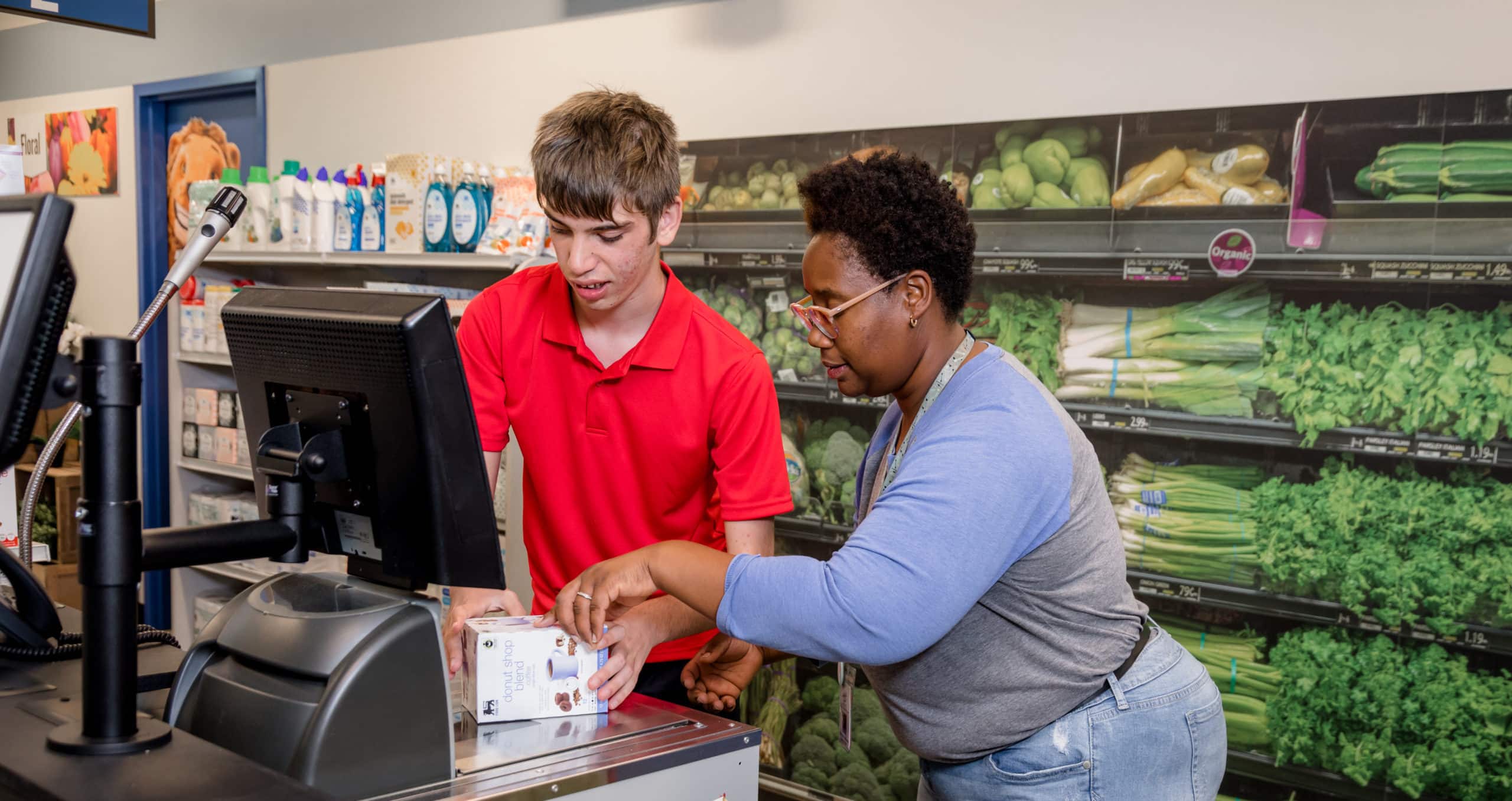
January 25, 2024
By Jason Rochelle, Program Officer
The availability of essential healthcare services has long been an issue in the most rural communities of North Carolina. Easy access to dental care, home health services, and mental health support are often identified as particularly challenging.
As a funder dedicated to economic transformation, Golden LEAF primarily concentrates its funding in rural communities on projects associated with job creation and helping retain crucial businesses at risk for leaving an area, as well as readying the rural workforce. When Golden LEAF staff evaluate projects that provide rural healthcare access, the focus is on the new jobs that are created when nonprofit healthcare providers develop or expand their services in a rural community. In such cases, Golden LEAF has an opportunity to play a critical role in addressing rural healthcare issues, while staying true to a core organizational priority of job creation.
One such area where Golden LEAF has begun to address an ongoing rural healthcare challenge is in the expansion of autism services. In 2020, a report from the CDC confirmed an increase in the number of individuals diagnosed with autism, with one out of every thirty-six children in America receiving an autism diagnosis. This compares to an autism diagnosis for one in forty-four children in 2018, and a diagnosis for one in sixty-eight children in 2010. Several factors may be responsible for this recent increased rate, including increased knowledge regarding autism among the general population, resulting in more parents seeking assessments of their children. As a result, there is a growing need for professional support for individuals with autism support services in rural communities where such services were already limited prior to this uptick in prevalence of diagnosis.
In recent years, Golden LEAF has received applications from nonprofits seeking to address these needs in the rural and tobacco-dependent communities of North Carolina. In 2016, ABC of NC, a piedmont-based nonprofit center and research-based provider of diagnostic, therapeutic and educational services for children with autism spectrum disorder, proposed a service expansion to include renovations to its 9,000 square foot educational building and the construction of a new 20,000 square foot clinical facility in Davidson County. ABC of NC projected that the expansion would allow the organization to hire and train forty-five new full-time positions, reduce wait times for autism diagnostic evaluations in its 11-county service area, and increase client numbers by at least 230 individuals. As part of this larger construction project, the Golden LEAF Board of Directors awarded $100,000 to support this expansion effort. The initial projections of significant ongoing need in the community and potential job growth associated with an expansion were eventually borne out. ABC exceeded its projections for the project, reporting the creation of sixty-four new jobs and the provision of services to 453 individuals in its first year after project completion.
More recently, Golden LEAF has continued its investments in healthcare job creation projects in the piedmont and eastern regions of North Carolina. As with the previous example of ABC of NC, a persistently long waitlist challenged Aces for Autism, a Pitt County autism service provider with a 10-county rural service area. Prior to its application to Golden LEAF in 2021, Aces for Autism reported serving fifty-seven youth annually with a waitlist of over three hundred families. Regular follow-up communications with the waitlisted families confirmed that 90% of the families were still in need of services after an extensive period. Unfortunately, the agency could not meet the demand with its current facility. To address the need, Aces for Autism proposed construction of a new campus in Winterville. The new facility could significantly increase regional service capacity, with an expectation that would at least double the number of families served by Aces for Autism. Of equal importance, the project would enable the organization to add ninety new, full-time healthcare jobs in Pitt County, with an average annual wage of $40,000. The Golden LEAF Board provided $500,000 in funding towards the construction project. Aces for Autism has recently finished construction, with a scheduled ribbon cutting and grand opening ceremony planned for January 30, 2024.
Another excellent opportunity to support job growth in the healthcare industry, specifically in the area of autism services, was presented to Golden LEAF in 2023 via a grant application from Partners In Learning (PIL), a Salisbury-based non-profit provider of educational and clinical services for children, including those with autism. In response to a waitlist across their 16-county service area, Partners in Learning proposed the construction of a new facility in Rowan County. This new, larger facility was expected to lead to an increase in the number and variety of autism services available, improved waitlist times for families, and the creation of forty-eight new full and part-time positions at an average wage of $46,171. This project was eventually awarded $300,000 in Golden LEAF funds. The new facility is complete, began serving children in October 2023, and will see the full impact of hiring and service increases by the end of 2024.
Collectively, these Golden LEAF healthcare investments are expanding the availability of autism support services and shortening the waitlists for families in thirty rural and previously tobacco dependent counties, while leading to significant job growth, a core element of Golden LEAF’s mission and a priority for funding. These funding dollars serve as examples of how philanthropic organizations can continue to their missions, while also helping address other significant community challenges ancillary to their priorities. At a time where philanthropic funds are limited and the financial challenges in communities continue to grow, this and other innovative approaches may be key to ensuring the success of North Carolina’s rural counties.